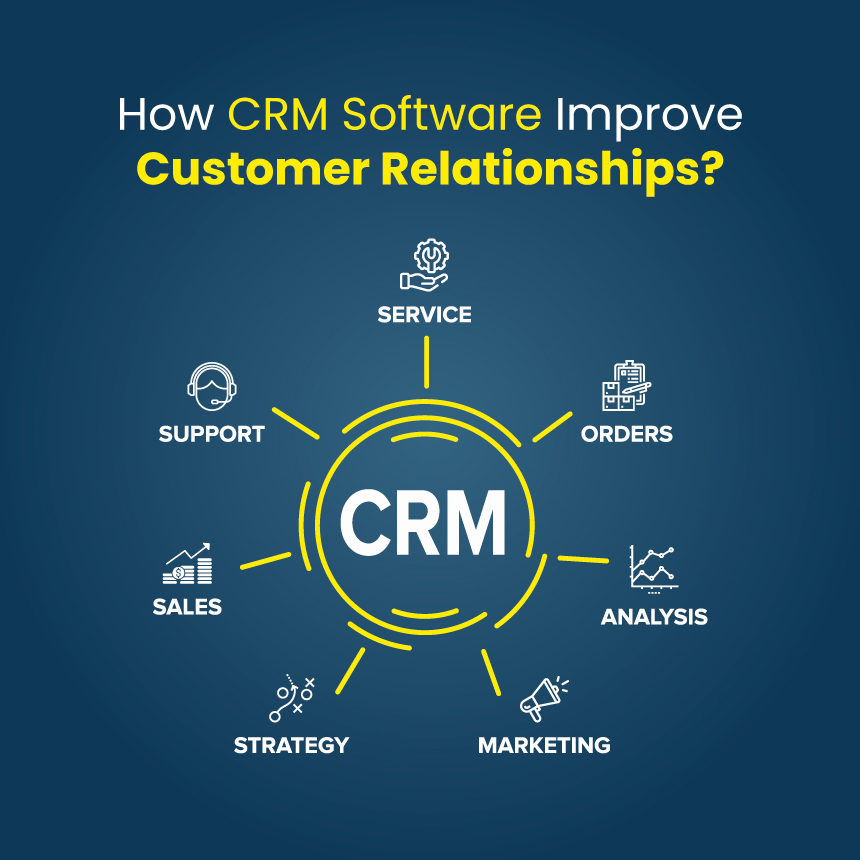Demystifying CRM: Unlocking the Power of Customer Relationship Management
Discover the importance of CRM in modern business strategies and how it can revolutionize customer interactions and enhance sales and marketing efforts.
What is CRM?
Customer relationship management (CRM) is a technology for managing all your company’s relationships and interactions with customers and potential customers. By keeping this information in a centralized system, business teams have access to the insights they need, the moment they need them.
CRM is not just about storing data. It’s also about using that data to improve your relationships with your customers. By understanding your customers’ needs and wants, you can provide them with the best possible experience.
Don’t miss the opportunity to transform your customer management and take your business to the next level. Take action now and contact Team Deverra to discuss your CRM needs. Let’s collaborate and build a CRM system that empowers your business and drives remarkable results. Get in touch today and experience the expertise of Team Deverra in CRM development!

FAQ
CRM stands for Customer Relationship Management. It is a strategy and technology that helps businesses manage interactions and relationships with their customers. CRM is important because it enables businesses to understand customer needs, provide personalized experiences, streamline sales and marketing processes, and foster long-term customer loyalty.
There are different types of CRM systems available, including on-premises CRM, cloud-based CRM, and hybrid CRM. On-premises CRM is installed and maintained locally on company servers, while cloud-based CRM is hosted and accessed through the internet. Hybrid CRM combines elements of both on-premises and cloud-based systems, offering flexibility and scalability.
CRM systems offer a range of key features and functionalities, including contact management, lead tracking, sales pipeline management, customer segmentation, email marketing integration, task and activity management, analytics and reporting, customer support management, and integration with other business tools like ERP software and marketing automation platforms.
Successful CRM implementation involves several steps, such as defining business goals and requirements, selecting the right CRM software, planning for data migration and customization, training employees, aligning processes with CRM workflows, and continuously monitoring and refining the system. It is crucial to involve stakeholders, ensure data accuracy, and provide ongoing support and user adoption strategies.
CRM integration with other business tools enhances efficiency by creating a centralized data repository, eliminating data silos, and enabling seamless data flow between different systems. Integration with email marketing platforms, customer support systems, ERP software, and other tools streamlines processes, improves collaboration, automates workflows, and provides a holistic view of customer interactions, leading to enhanced productivity and better decision-making.